Traditional Turkish Food
Video Introduction
Traditional Turkish Food is been celebrated the world over. You cannot fail to find one or the other type of traditional dishes in most of the world’s luxurious hotels, as well as most modern homes. Turkish delicacies are among the most sought after foods in restaurants, with visitors having a taste for particular dishes. And while there is a whole lot of Turkish delicacies, we bring you some of unveiled Turkish Secret Tastes
Okra Soup
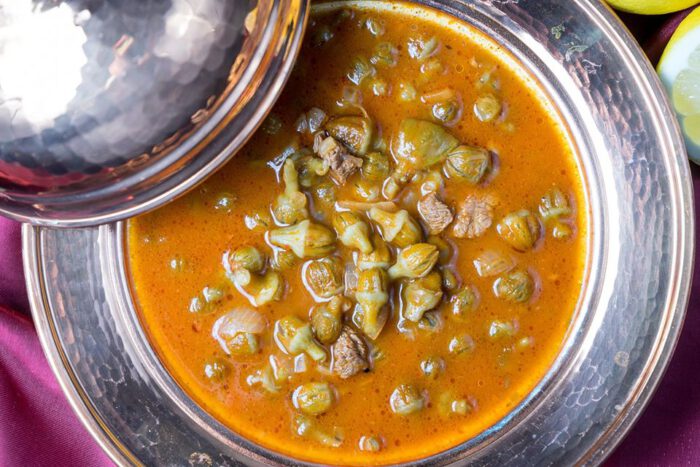
Originating from Central Anatolia, okra soup (from sun dried okras) is an important mid-course of the classical menus in Konya. As it has a sour taste and a dark appearance (as in the tradition), it is served after pilaf (weddings and dinner parties) and dessert in order to appetize the guests so that the dishes served again. It is made with dried flower okras and meat cubes.
Bafra Pidesi
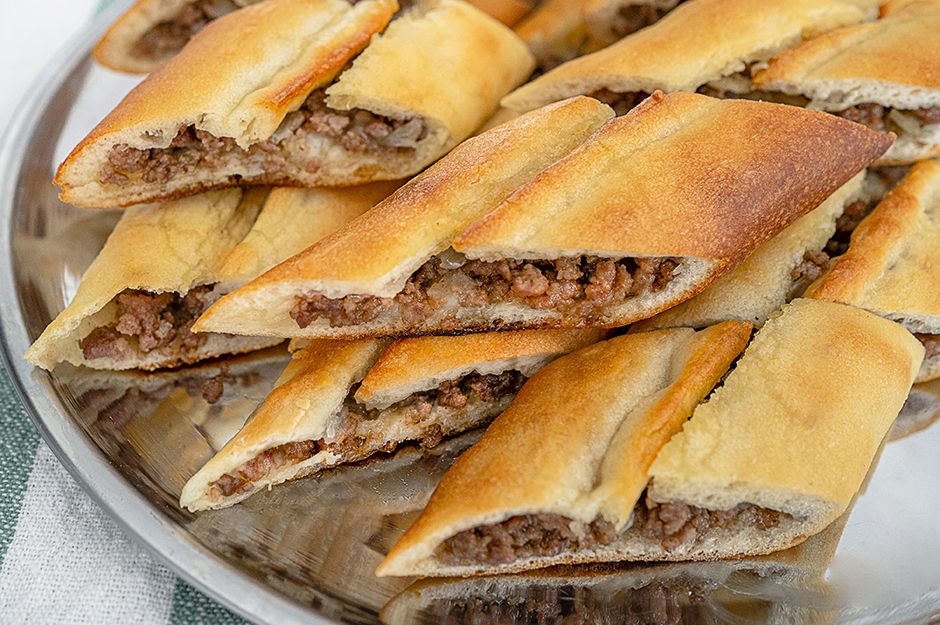
The pide of Bafra, Samsun is the most famous in Turkey. The historical Bafra pide of Samsun gained its name in 1850 and is known as kapalı (closed) pide, where the ingredients are sealed within the dough.
Çayeli Baked Beans (Çayeli Kurufasulyesi)
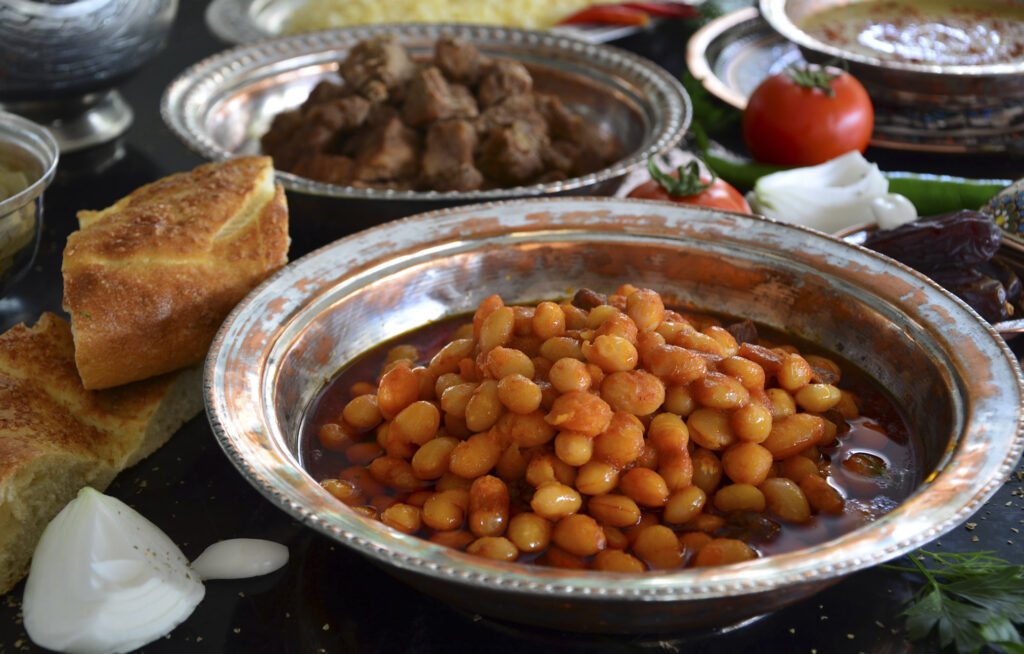
Creamy, thick and oozing flavor, the aAyeli kurufasulye owes its goodness to two key ingredients: the beans that come from İspir in the Erzurum region, and the smacking-good butter delivered fresh from Rize. Then it must be slow-cooked in a copper pot in the oven. Since 1928, the Hüsrev family (husrev.com.tr) have prepared the finest kuru fasulye (white bean stew) in the country. Simmered overnight in huge copper cooking pans with a little meat, the beans come in a wonderfully thick sauce. They are a small, white, exceptionally tasty variety of bean, grown in a particular village high in the mountains. The hot unctuous pulses are served with, or on, a rice pilav, with a bowl of sharp salty pickles – cabbage, cucumbers, peppers, green plums, carrots and green beans.
Kuyu Kebabi (Pit Kebab)
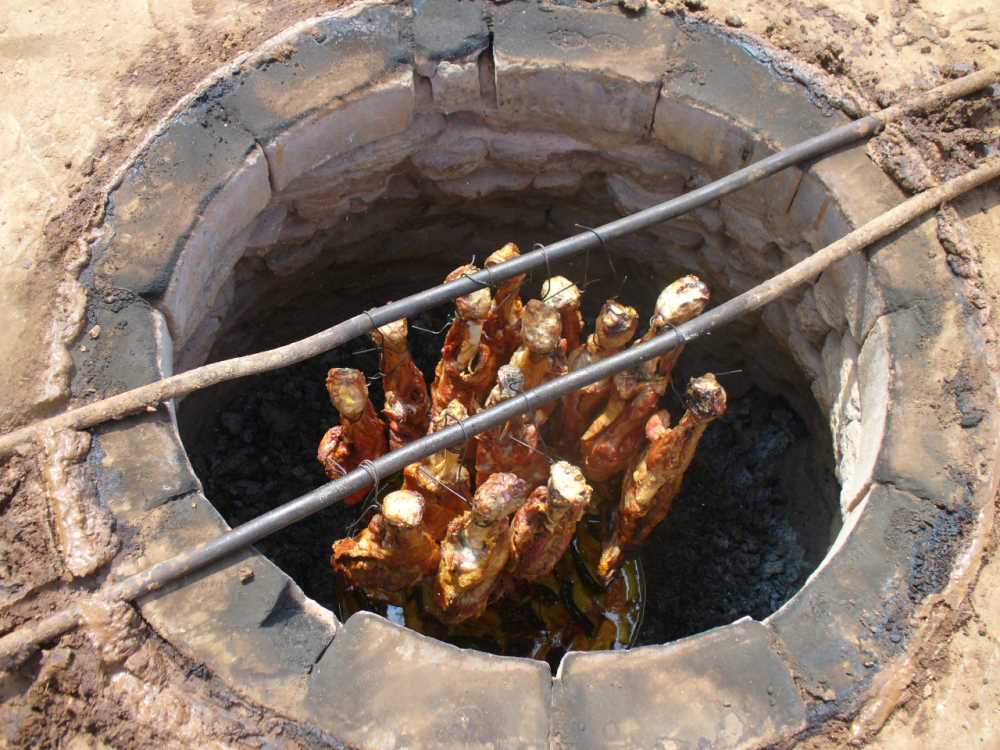
‘Pit Kebab’ means ‘Kuyu Kebabı’ in Turkish and it is simply the best lamb Kebab dish in Turkish cuisine. It is called ‘Pit Kebab’ because it is literally cooked in the special pit ovens. This dish’s cooking method lets the lamp meat fall apart from the bone with a little touch and it melts in your mouth like butter. ‘Kuyu Kebabı’ word reflects the cooking technique of cooking action in a specially designed pit. These pit ovens are usually used for cooking the meat and the bread. This cooking technique has known by other names too, such as ‘Fırın Kebabı’ (Oven Kebab), ‘Tandır Kebab’ and ‘Büryan’.
Kastamonu Etli Ekmek
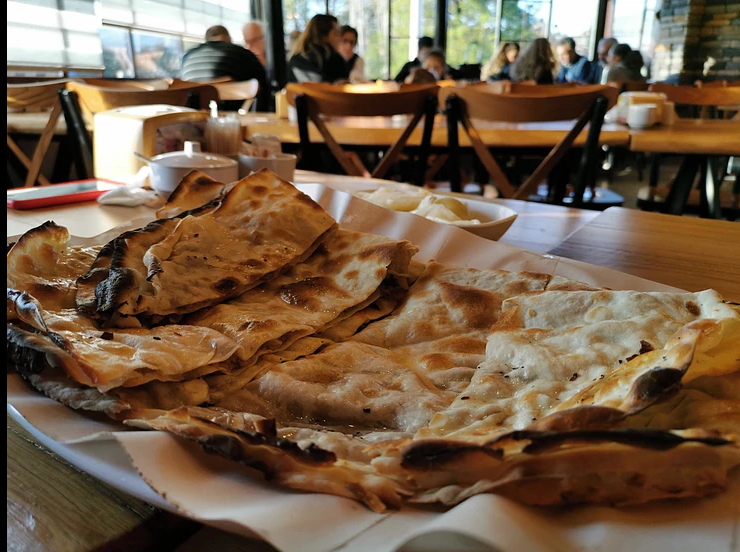
Etli Ekmek is a pizza-like dish which originated in Kastamonu in Turkey. (There is another version of Etli Ekmek in Konya too) . It might resemble to Lahmajun, but in fact it differs from lamajun in following ways: thin and crispy crust, no use of parsley,usage of lesser amount of onion,chopping the ingredients to a finer degree (usage of food processor“Etli ekmek” means “bread with meat” in Turkish. It is very common in cities in the central part of Turkey.
Sütlaç (Rice Pudding)
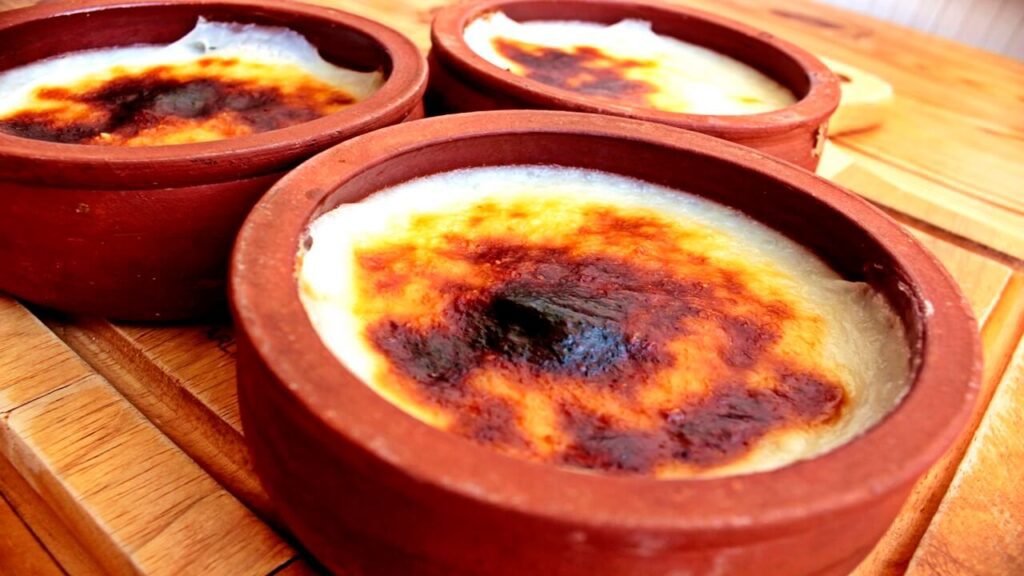
The rice pudding, which has been found on our tables since the Central Asian Period, is a wonderful kind of dessert composed of the words “milky food”. Cinnamon is generally preferred as a sweetener for dessert where rice and milk are used in large amounts. The baked rice pudding attracts special attention with its unique aroma. Whole milk is gently scalded together with sugar, cooked white rice, and starch for thickening. Then it’s baked in the oven, where it forms a golden, sometimes slightly charred skin on top.










